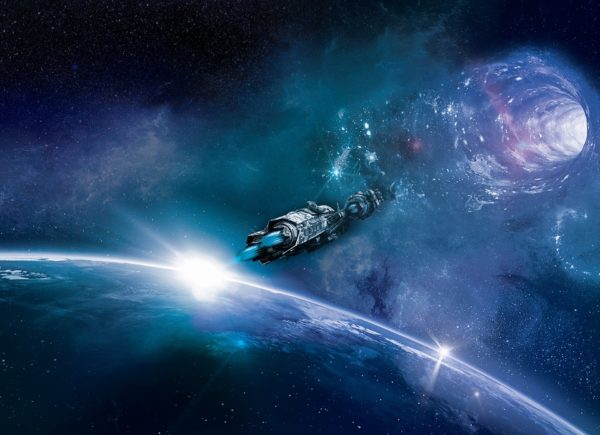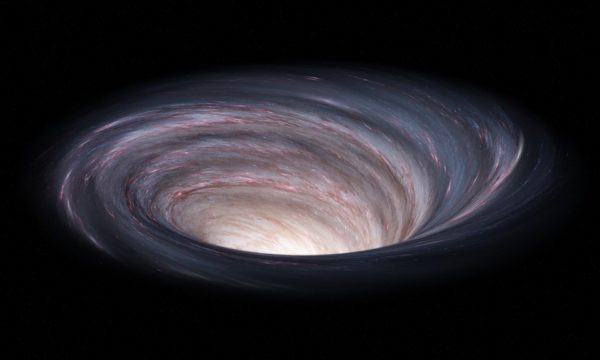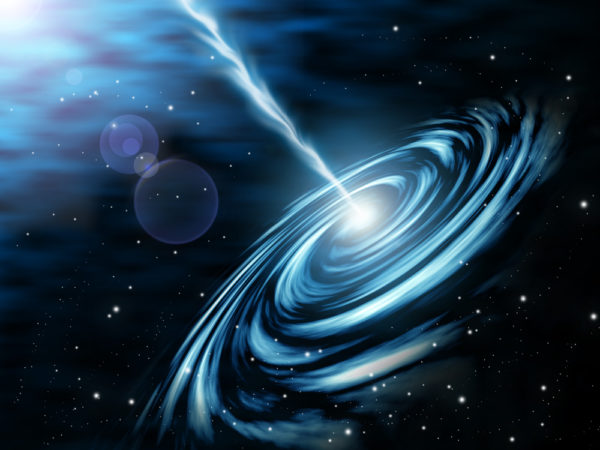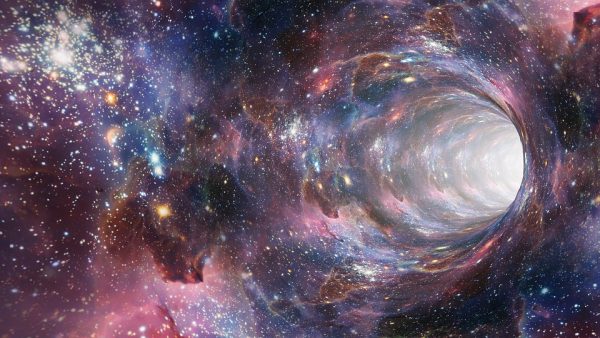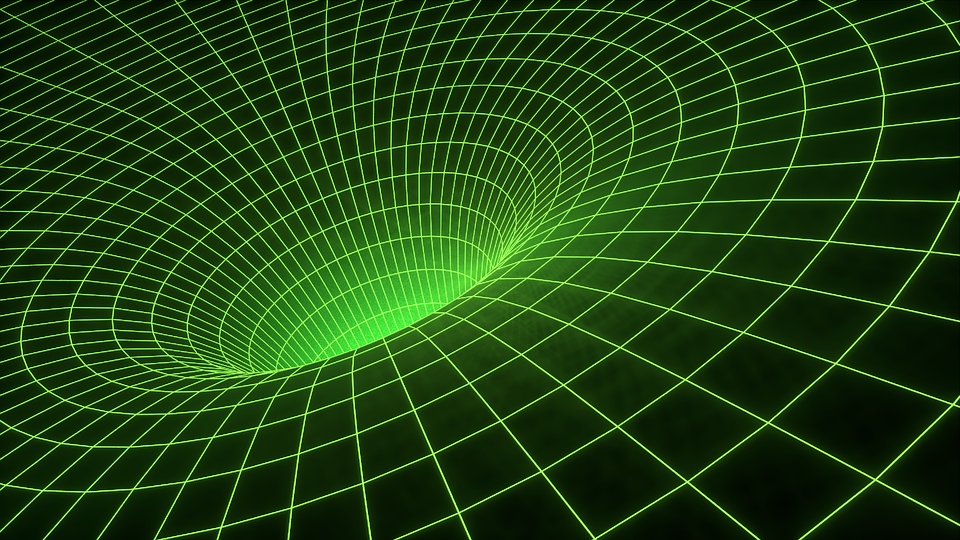SPACE: Are Traversable Wormholes Possible?
Interested in scooting through a wormhole, the ultimate cheat-code through space and time? Perhaps you’d like to hop from star system to star system across the universe without breaking a sweat? But first, you’d better make sure your wormhole is traversable. “Any traveler trying to cross a wormhole that does not satisfy this will be crushed inside as the tunnel collapses,” João Rosa, a physicist at Aveiro University in Portugal, told Live Science. Rosa is attempting to virtually “build” a stable, traversable wormhole, one that can be safely crossed without the theoretical passageway collapsing or trapping its occupant. And he … Read more



